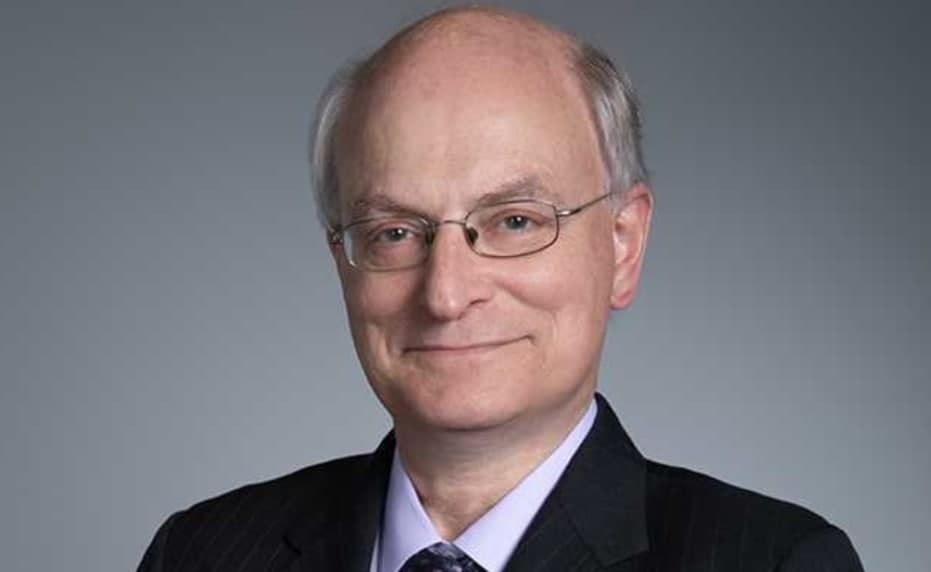The embattled head of the Hong Kong Bar Association said on Thursday he was misquoted in an interview with a pro-establishment newspaper, after it reported him as saying the city’s national security law was “legal and necessary.”
Senior Counsel Paul Harris told HKFP that he in fact said that “having a national security law was legitimate and sometimes necessary” in his interview with Sing Tao Daily, and had asked the newspaper to issue a correction.

The interview was published on Thursday, days after Harris was accused of being an “anti-China politician” by the China Liaison Office in Hong Kong. The senior counsel has come under fierce attack from Beijing since taking over as chairman of the Hong Kong Bar Association in January.
The Liaison Office accused him of “spreading distorted opinion” after the barrister criticised the recent sentencing of veteran democrats over two unauthorised assemblies in August 2019.
Harris was quoted in the interview as saying he had always thought that the security legislation which came into force in June last year was “legal and necessary” and most other countries had laws to protect national security.

Sing Tao Daily quoted him as saying he was neither a politician nor “anti-China,” adding that he had quit the Liberal Democrats party in Britain.
It quoted him as saying that the Bar Association would submit a proposal to the government suggesting amendments to some of the security law’s articles, including Article 60 under which some security officials do not come under Hong Kong’s legal jurisdiction.
At the beginning of his tenure, Harris had written that “the 2020 Hong Kong National Security Law is not consistent with the rule of law.”
“I am not against the principle of having national security laws, which most countries have for legitimate reasons,” Harris wrote in the article on the Bar Association’s website at that time. “But the Hong Kong NSL excludes certain officials from all legal challenge for their actions.”

“That is one of several controversial provisions it contains which appear to be irreconcilable with the rights guaranteed to us by the Basic Law.”
Legal system still intact
In the Sing Tao interview, Harris was quoted as reaffirming his belief that Hongkongers have the right to assembly, rally and protest under the Basic Law. He said he opposed all acts of violence, including those committed by protesters as well as police use of excessive force.
Harris also reportedly said in the interview that he has contacted the Bar Council in England, opposing calls in that country for English judges serving in Hong Kong to step down. He had also told it that Hong Kong’s legal system was still intact.
According to Citizen News, Harris told the Council in an online meeting that “95-99 per cent of Hong Kong’s legal system is operating as good as it has ever been.”
HKFP has reached out to Sing Tao Daily for comment.
Update 30.04.2021: In the original recording of the interview, Harris said “I have always accepted that it is legitimate for HK to have NSL because most countries have them, they are sometimes necessary,” Headline Daily reported on Friday.
Support HKFP | Policies & Ethics | Error/typo? | Contact Us | Newsletter | Transparency & Annual Report | Apps
Help safeguard press freedom & keep HKFP free for all readers by supporting our team
























